Hurricane Preparedness
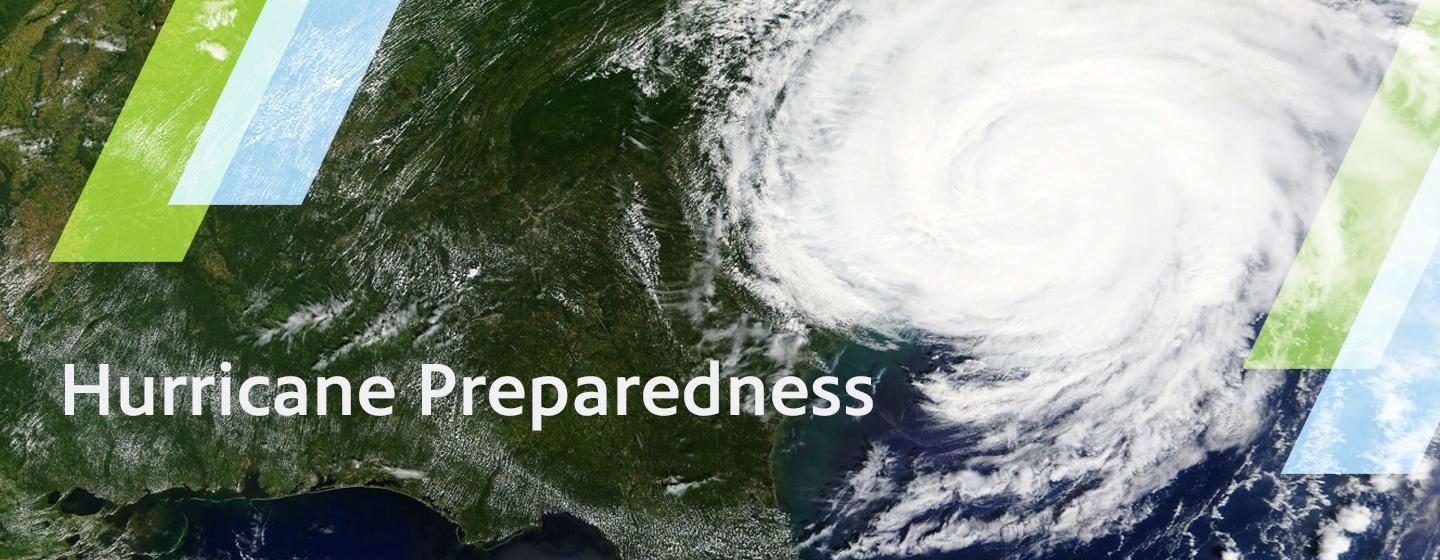

Learn more about how to plan and prepare for severe weather in North Carolina. Explore resources from PBS North Carolina and the Department of Public Safety below, including live news briefings when severe weather strikes, information to make a household plan, tools for kids, and science reporting from Sci NC and other PBS programs.
Staying informed is crucial. As your public media network, PBS North Carolina shares emergency briefings, safety alerts and urgent resources to ensure that everyone across the state has the info they need to stay safe and secure.
PBS NC provides livestreams of all briefings from the NC Governor and Emergency Operations Center. Briefings will be available on our website, Facebook and YouTube, in English & Spanish with ASL translations on screen. The livestream feeds are always live on pbsnc.org/emergency, and we publish alerts to our website and Facebook when briefings are scheduled.
North Carolina Emergency Management works to enhance the state's resiliency by actively collaborating, communicating and coordinating to prevent, mitigate, respond and recover from disasters. The agency deploys state resources when needed, and coordinates with neighboring states and the federal government to augment staffing and resources.
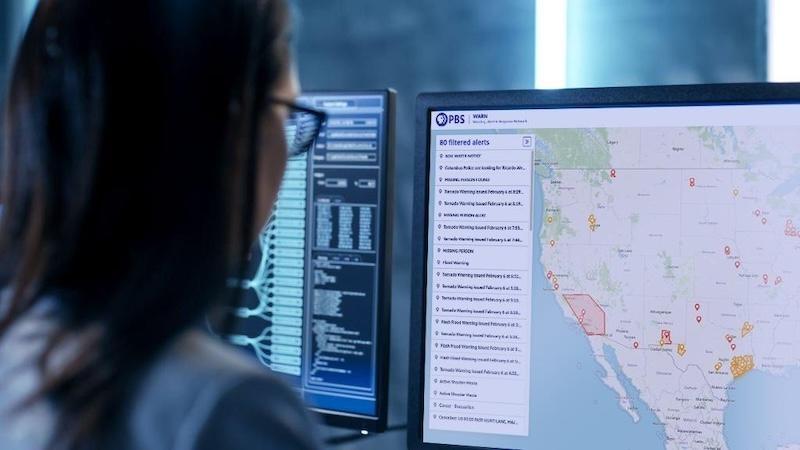
The PBS WARN website (warn.pbs.org) displays every Wireless Emergency Alert (WEA) issued in the United States and its territories. FEMA and public safety professionals across the US rely on The PBS WARN website for situational awareness and alert validation. They also use the PBS WARN website to search and display expired alerts for after-action reviews and training.
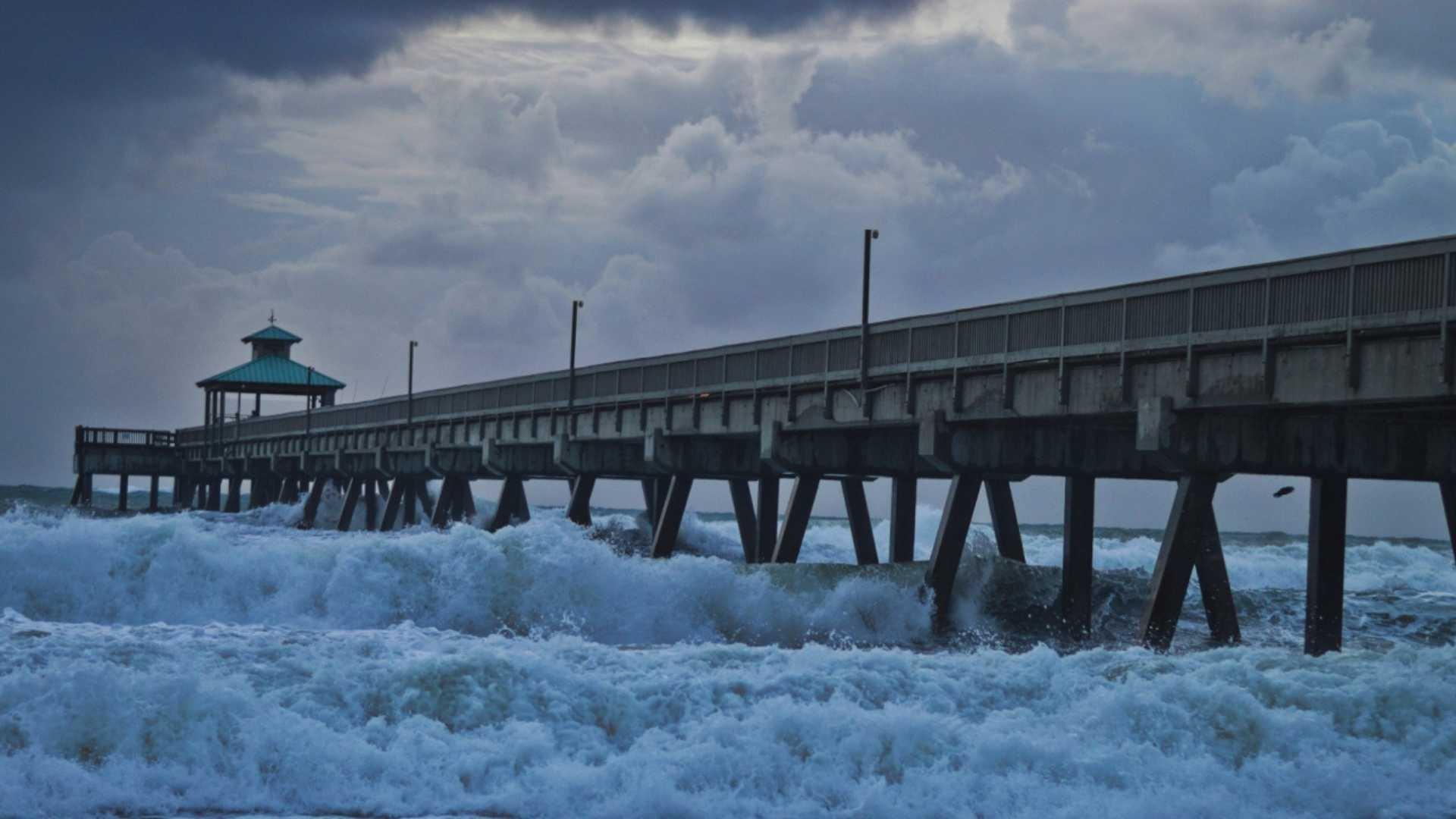
North Carolina’s coast is one of the nation’s most vulnerable areas to a direct hurricane strike because its coastline extends out into the ocean. All areas of the state – from coastal and sound counties to the mountains – have been impacted by hurricanes in the past 20 years.
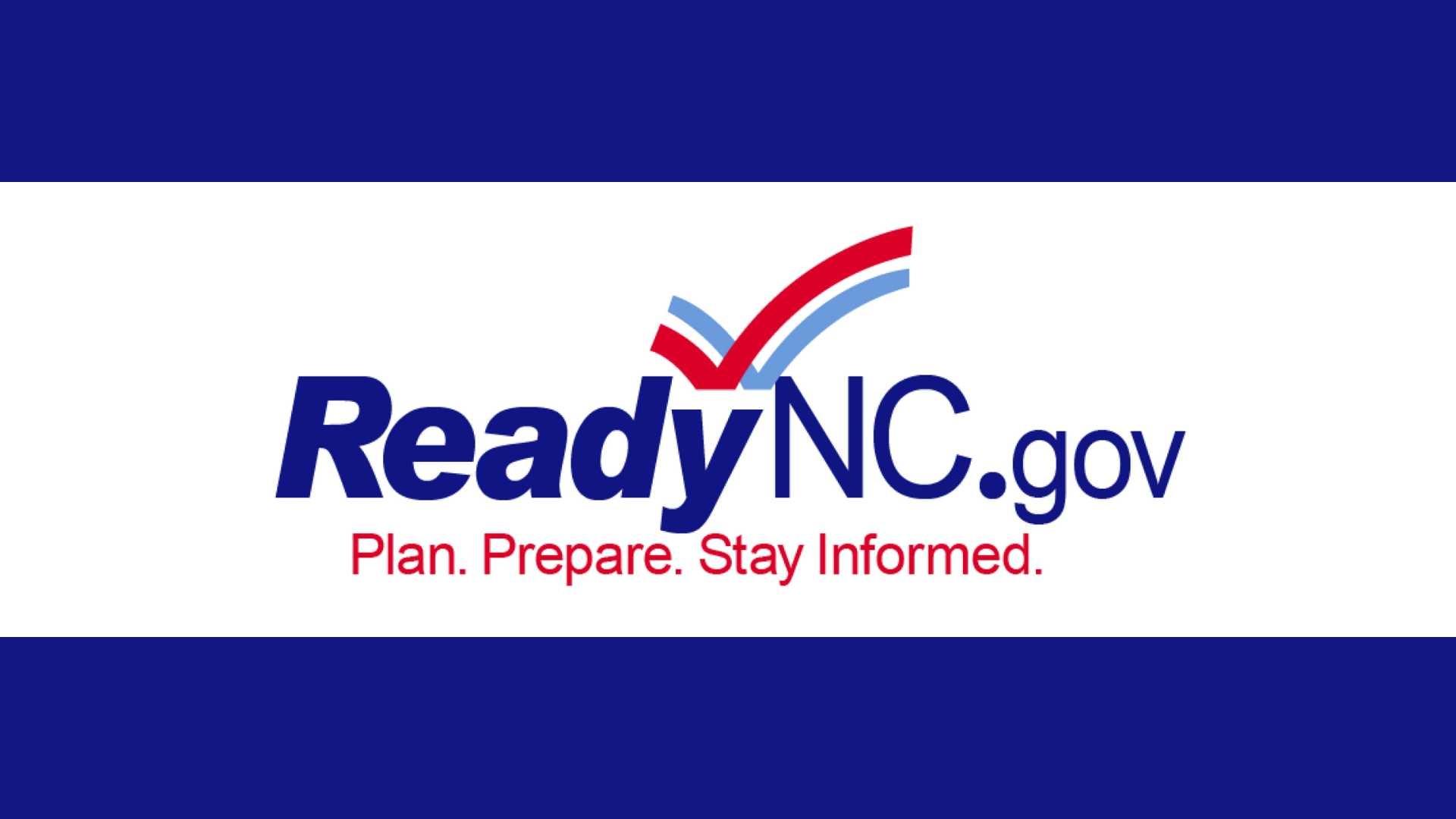
Explore these resources from ReadyNC.gov to create emergency plans with your family or household, prepare an emergency supplies kit and learn how to stay informed for severe weather alerts and more.
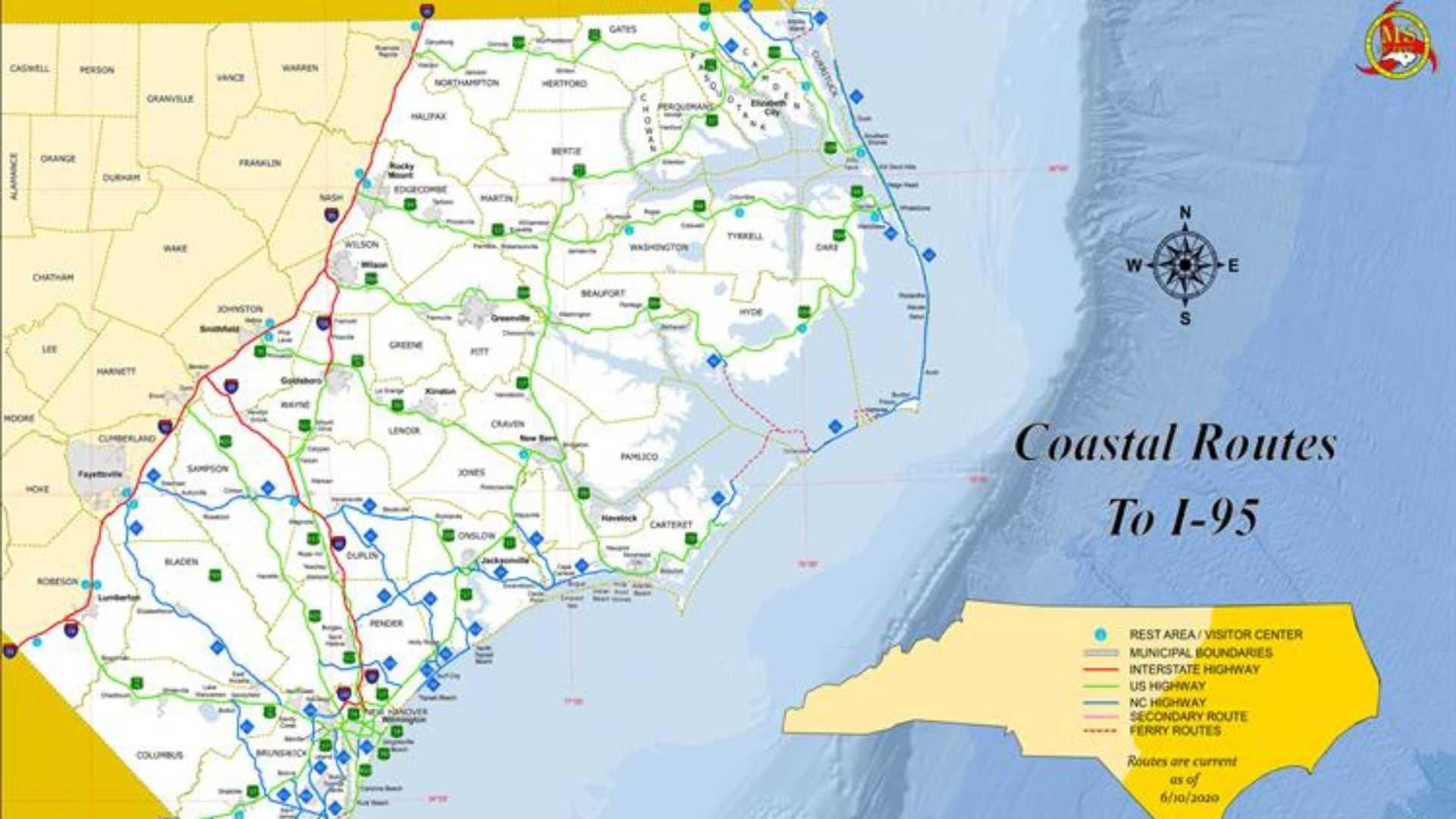
Learn more about the state's designated evacuation routes, when to evacuate and how to do so safely.
Every household needs an emergency plan to know where you will go if you have to evacuate, and how you will communicate.
How well you pull through an emergency often rests on how well you plan and prepare. While each person’s skills and needs differ, everyone can take steps to get ready for all types of emergencies.
Pets are key members of a family. You need to include your pets in your family emergency plan and have an emergency kit for them too!
Hurricanes can be particularly difficult for young children. These tips from Sesame Workshop can help them feel safe and cope with their emotions. For more family resources, visit sesameworkshop.org. >
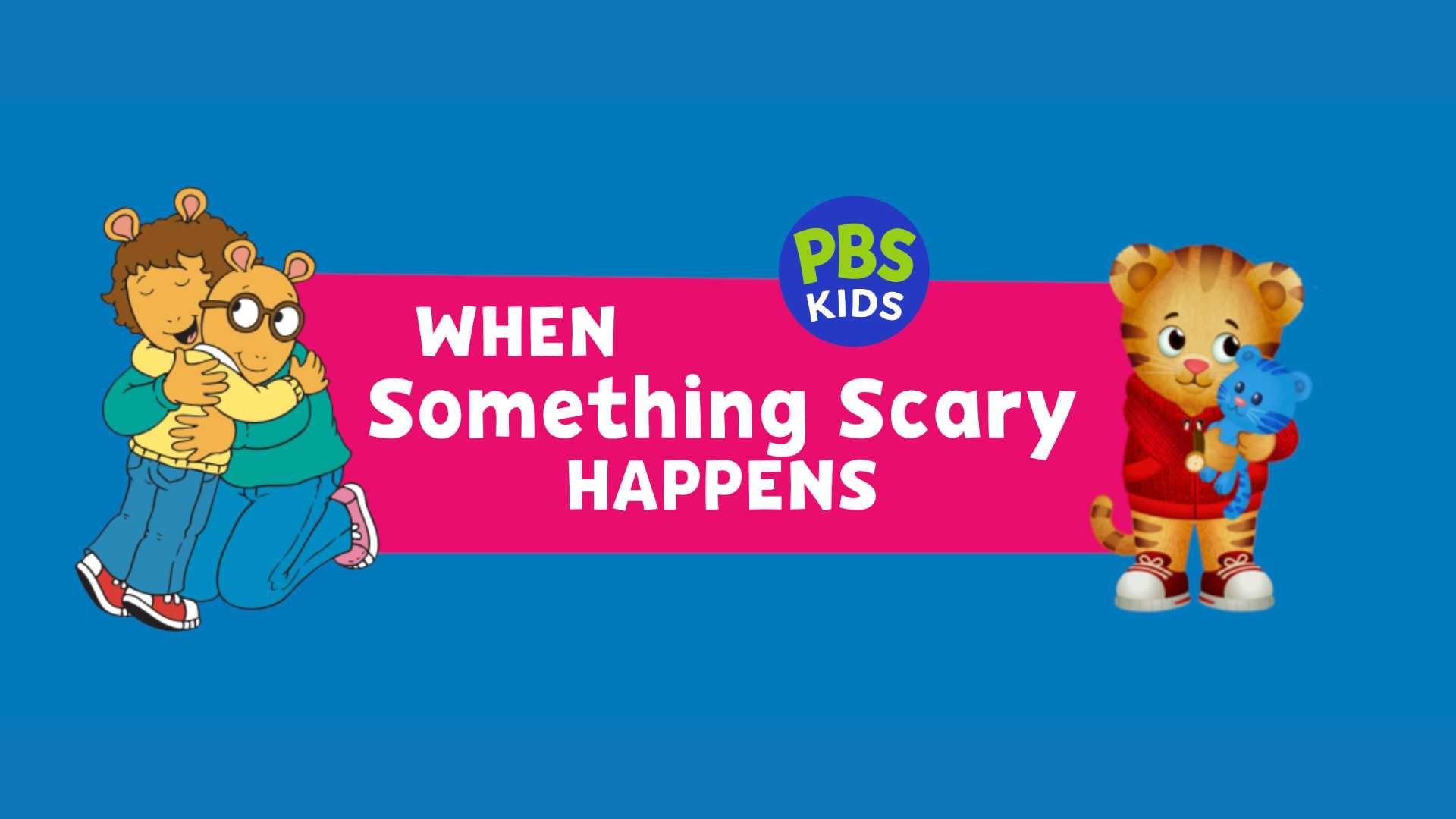
Find resources and activities from PBS KIDS favorites like "Daniel Tiger's Neighborhood," "Arthur" and more to help children prepare for and cope with emergency situations.
Answer questions honestly in simple words. Reassure your child that you love them and will take care of them.
Encourage your child to share their feelings with words or pictures.
You can be more helpful to your children when you've attended to your own physical and emotional needs.
Explain that no matter what has happened, you still have each other to build a better future.
Learn about hurricanes with Ms. Dickerson from Durham, NC in this spot from Teacher Time.
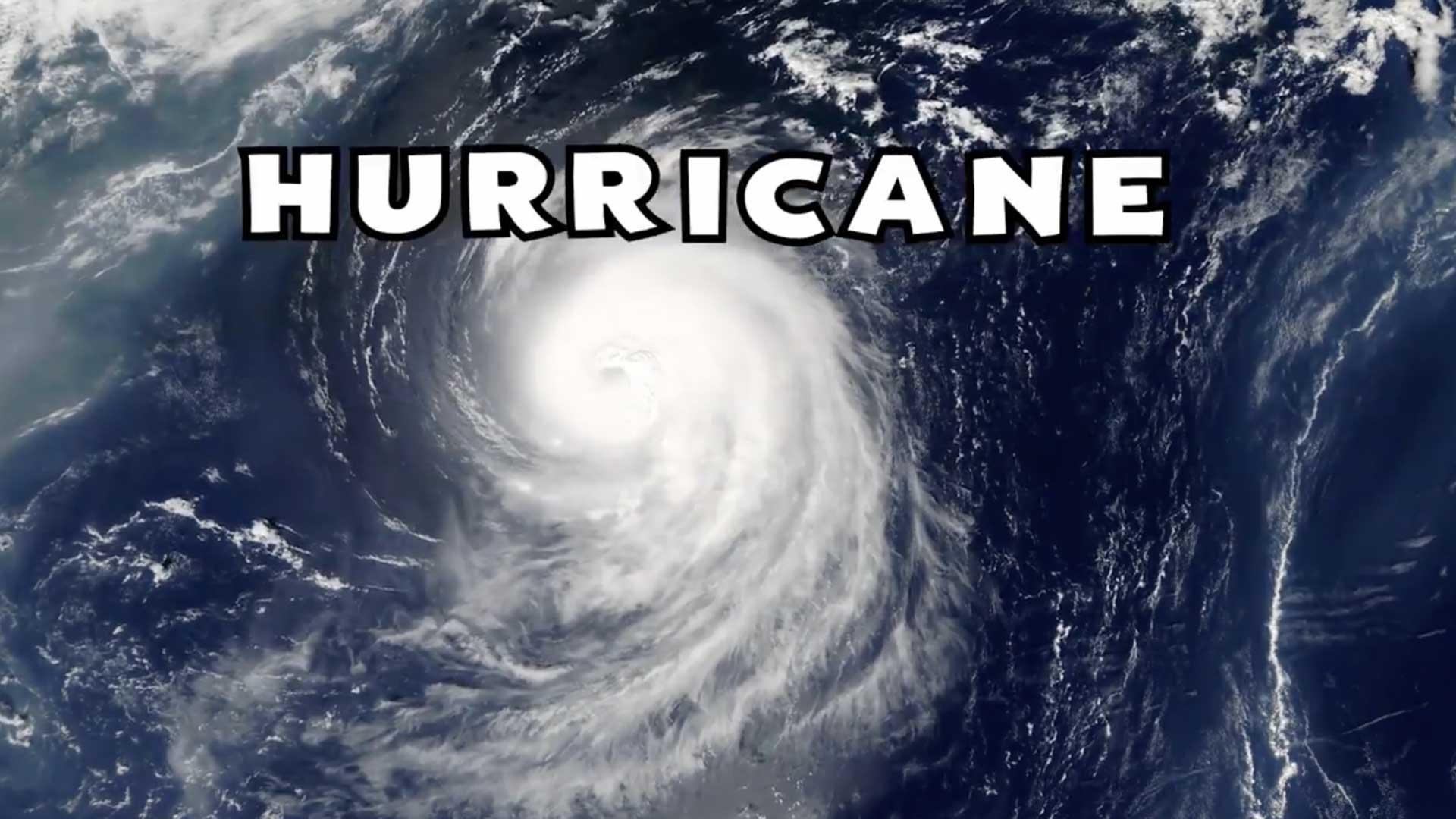

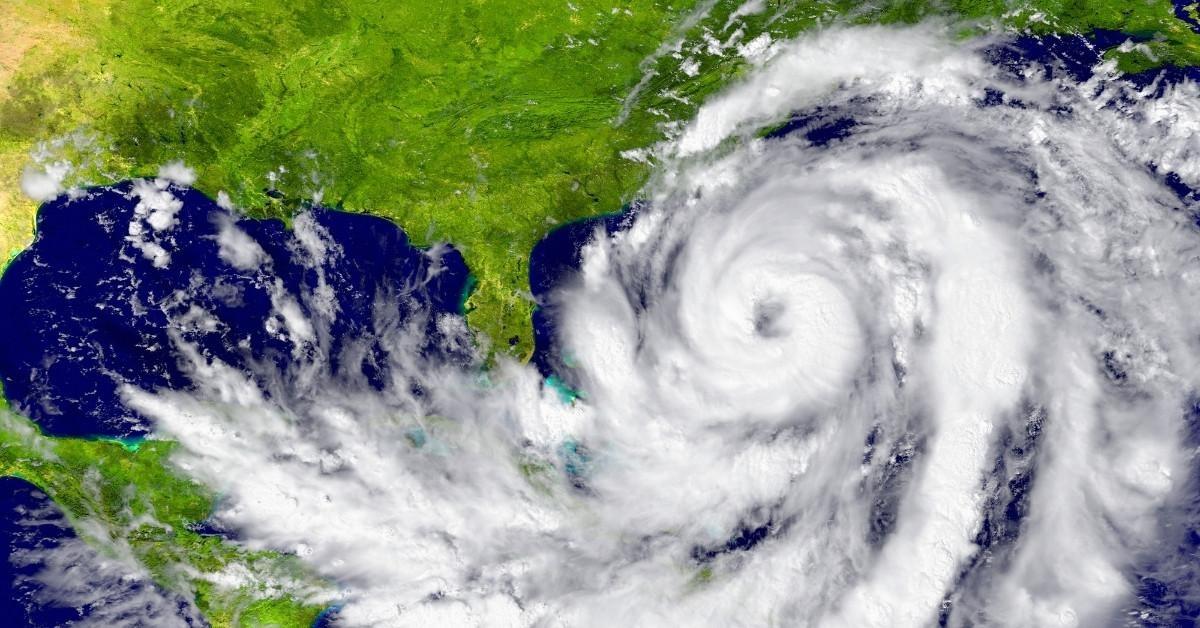
Warm water in the Atlantic Ocean plus the absence of the El Niño weather pattern create conditions for a supercharged season.
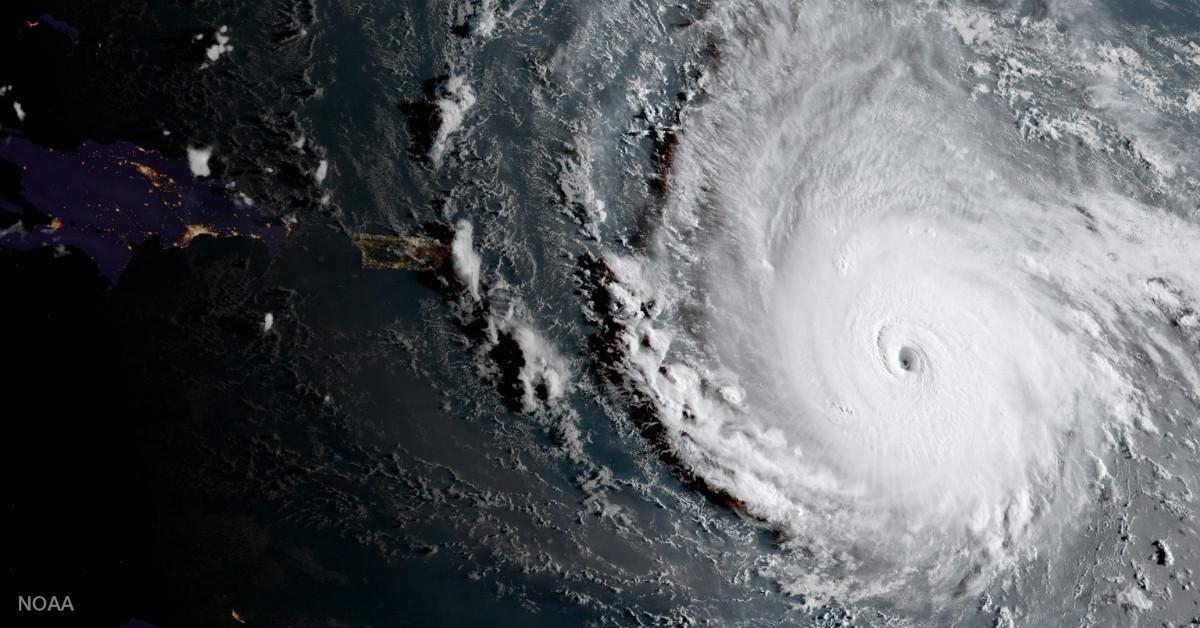
A study finds climate change has turbocharged Atlantic hurricanes and tropical storms, increasing wind speeds by 9–28 mph and making them a category stronger.
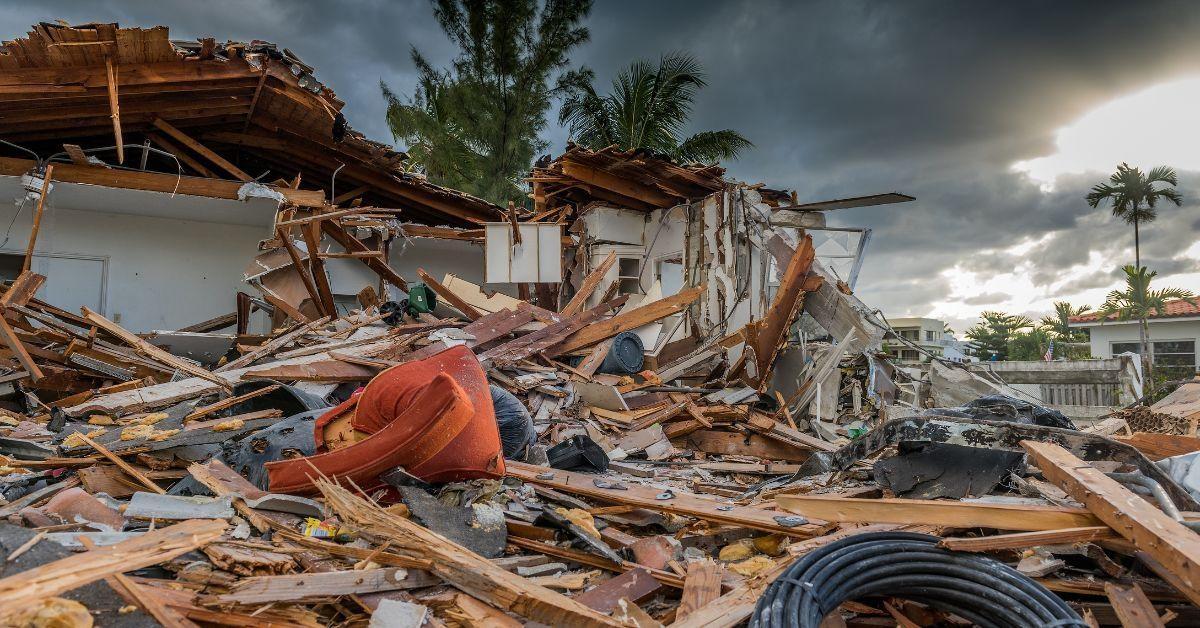
A new category for hurricane intensity may be needed as storms become more fierce due to climate change.
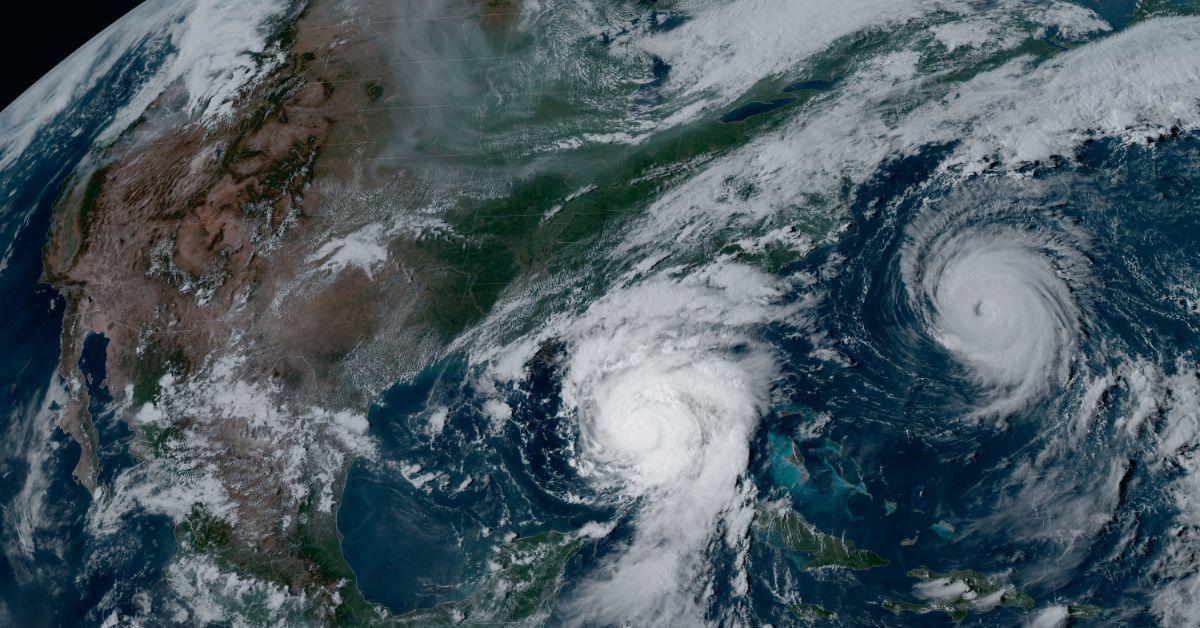
The National Weather Service, which has predicted a busier than normal hurricane season, will harness new tech, including AI, to help communities stay safe.
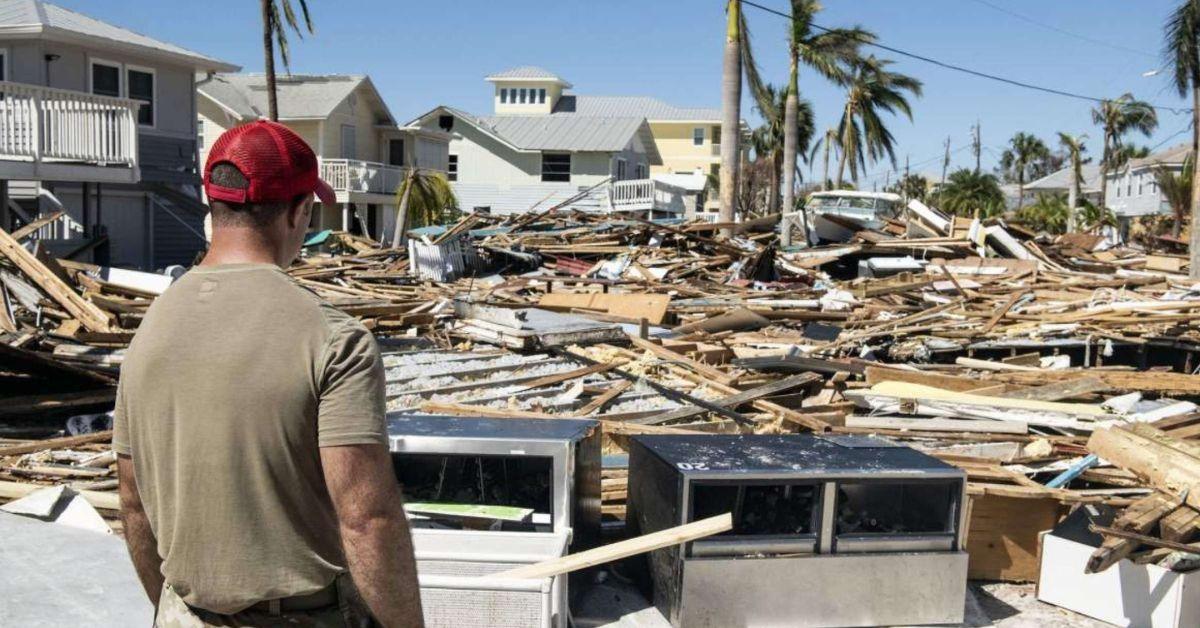
Get the latest in science, nature and technology, and explore new discoveries from leading researchers and innovators across the state and country.
What climate change means for hurricane season
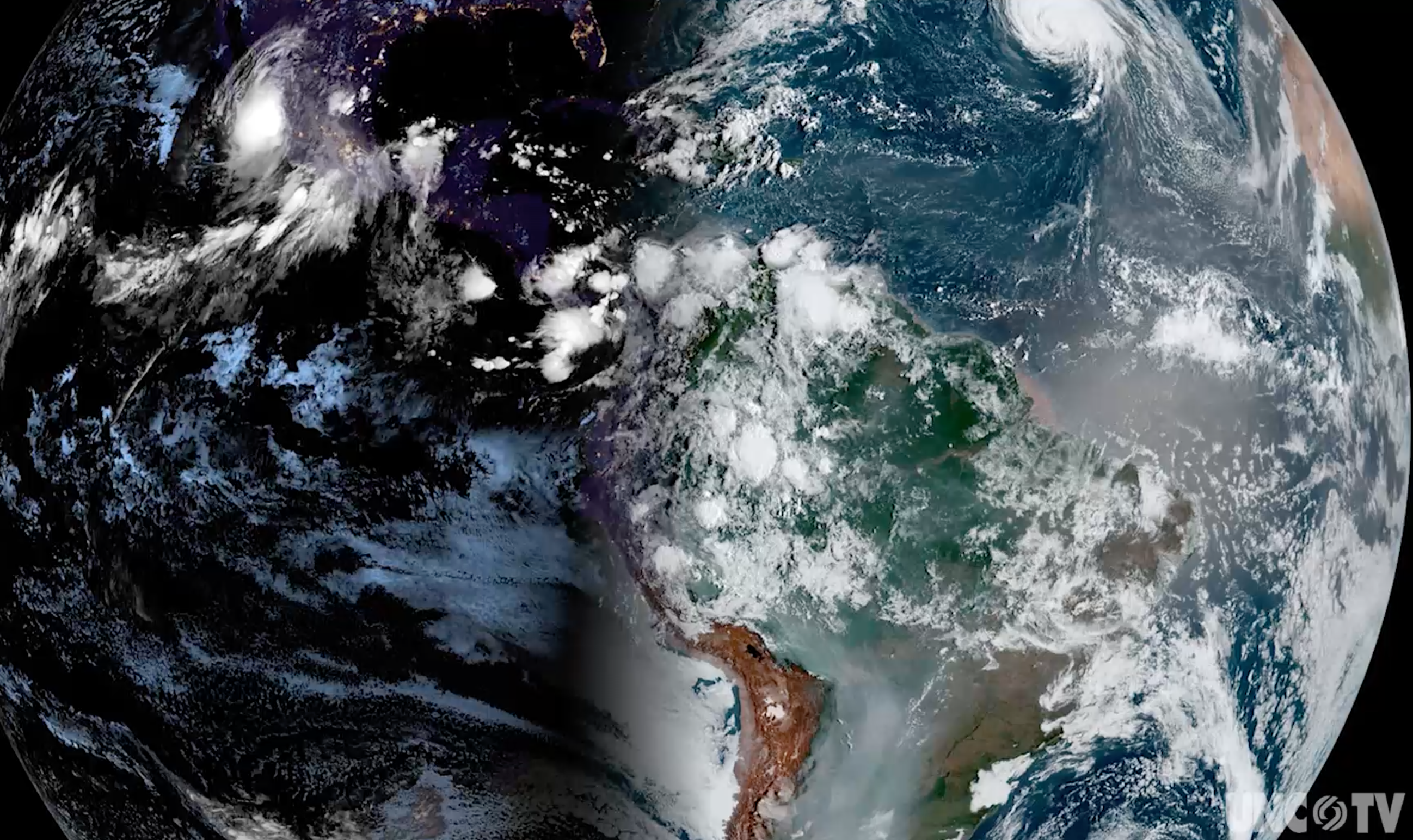
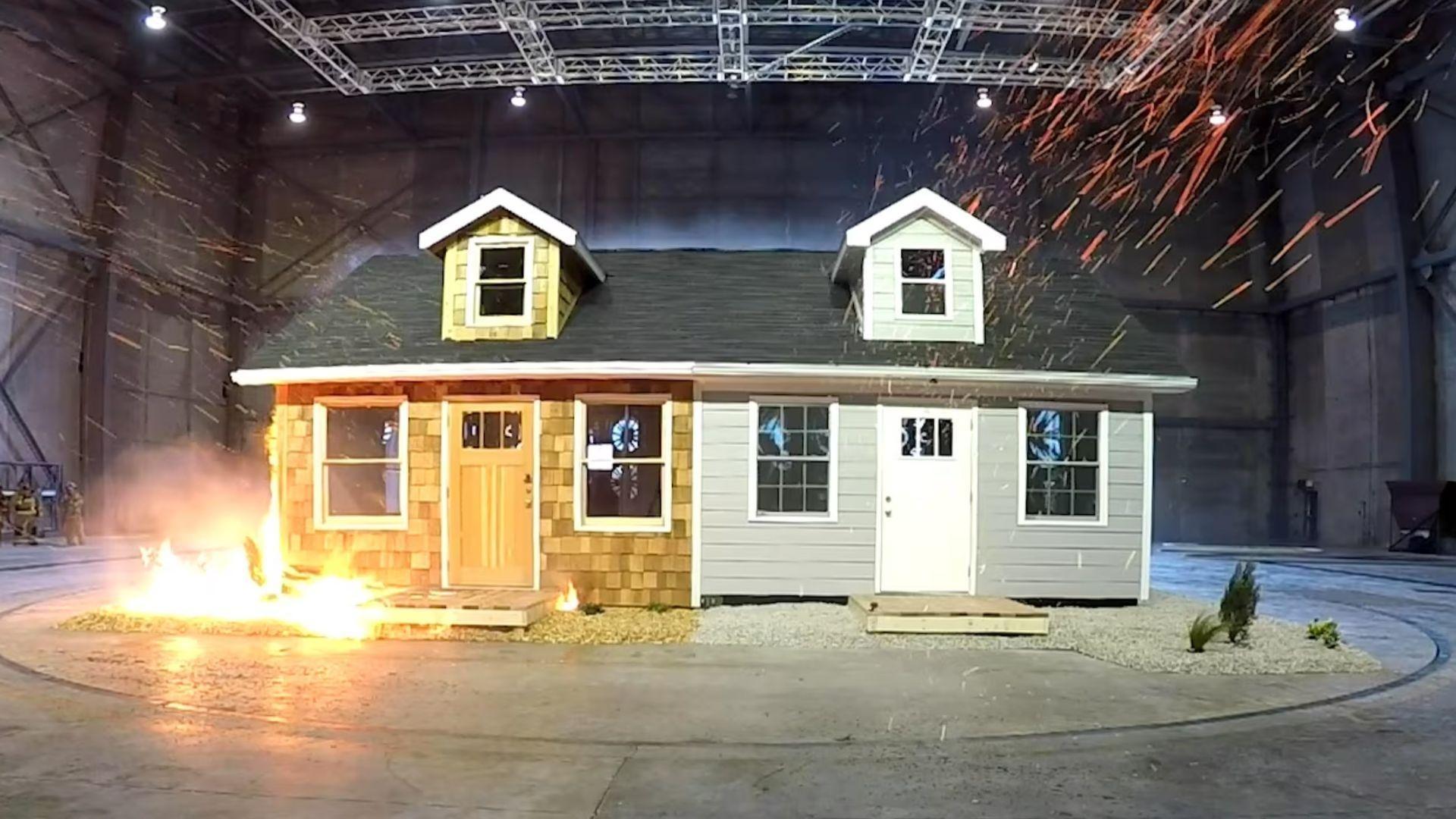
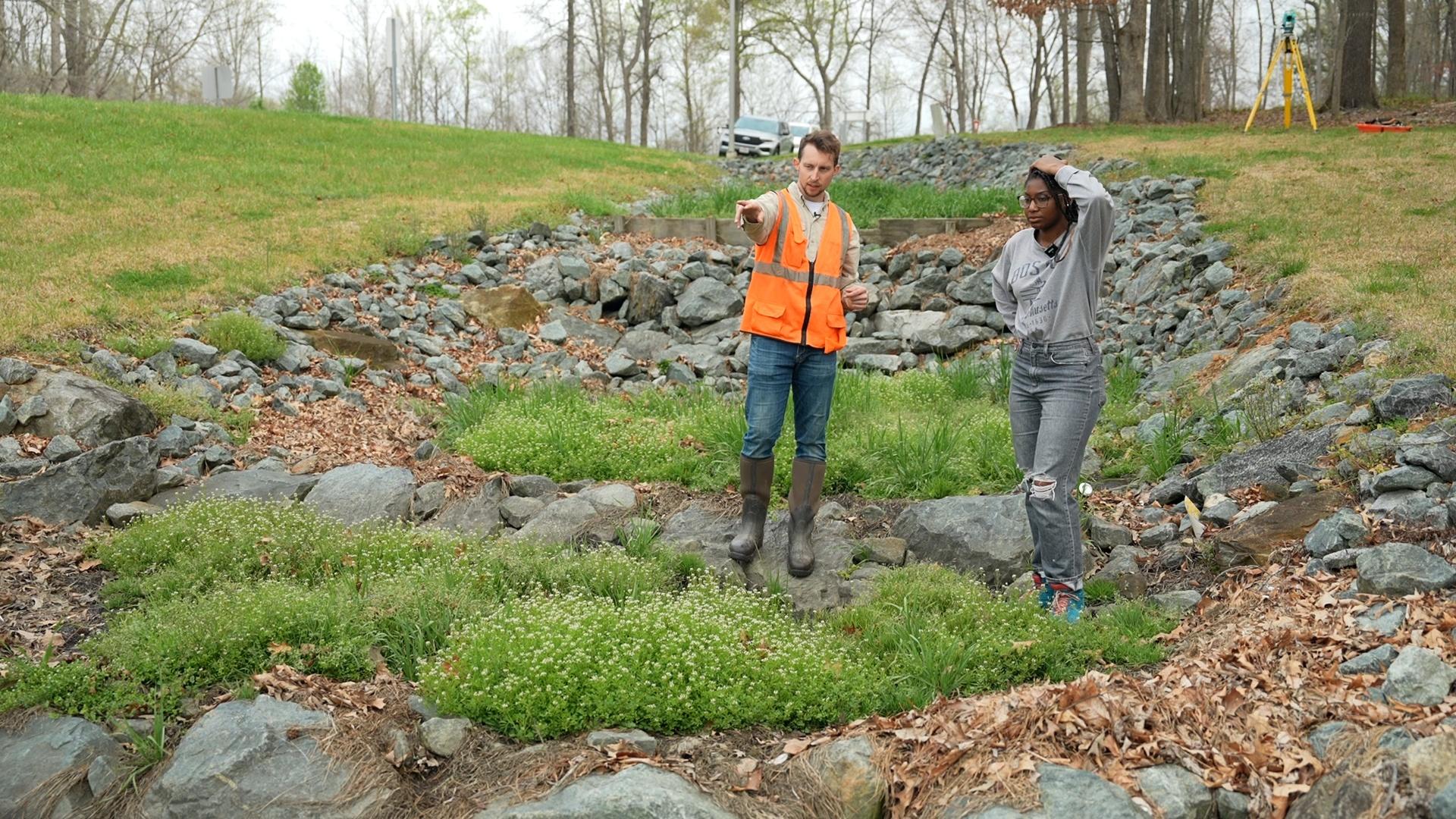
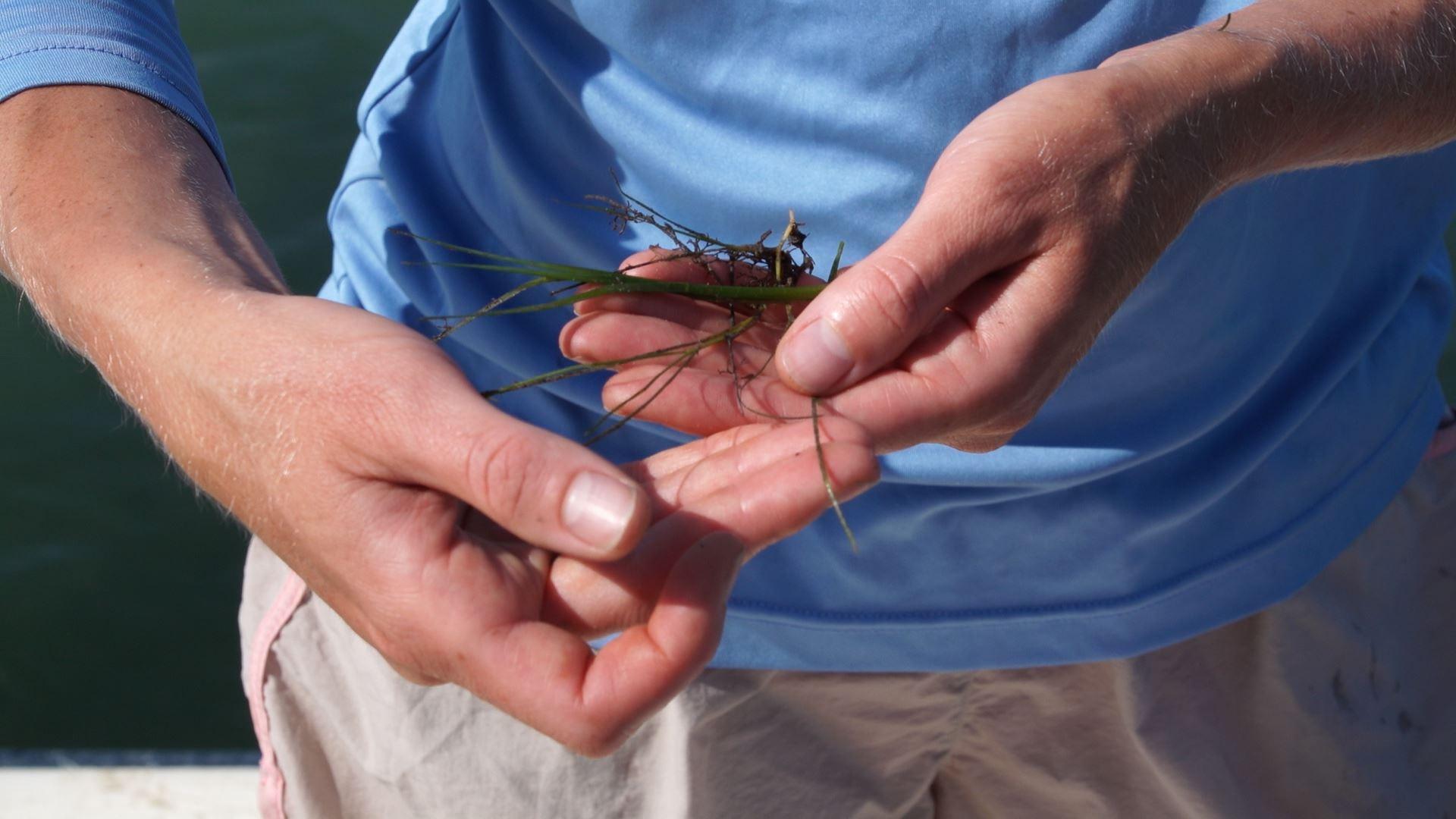

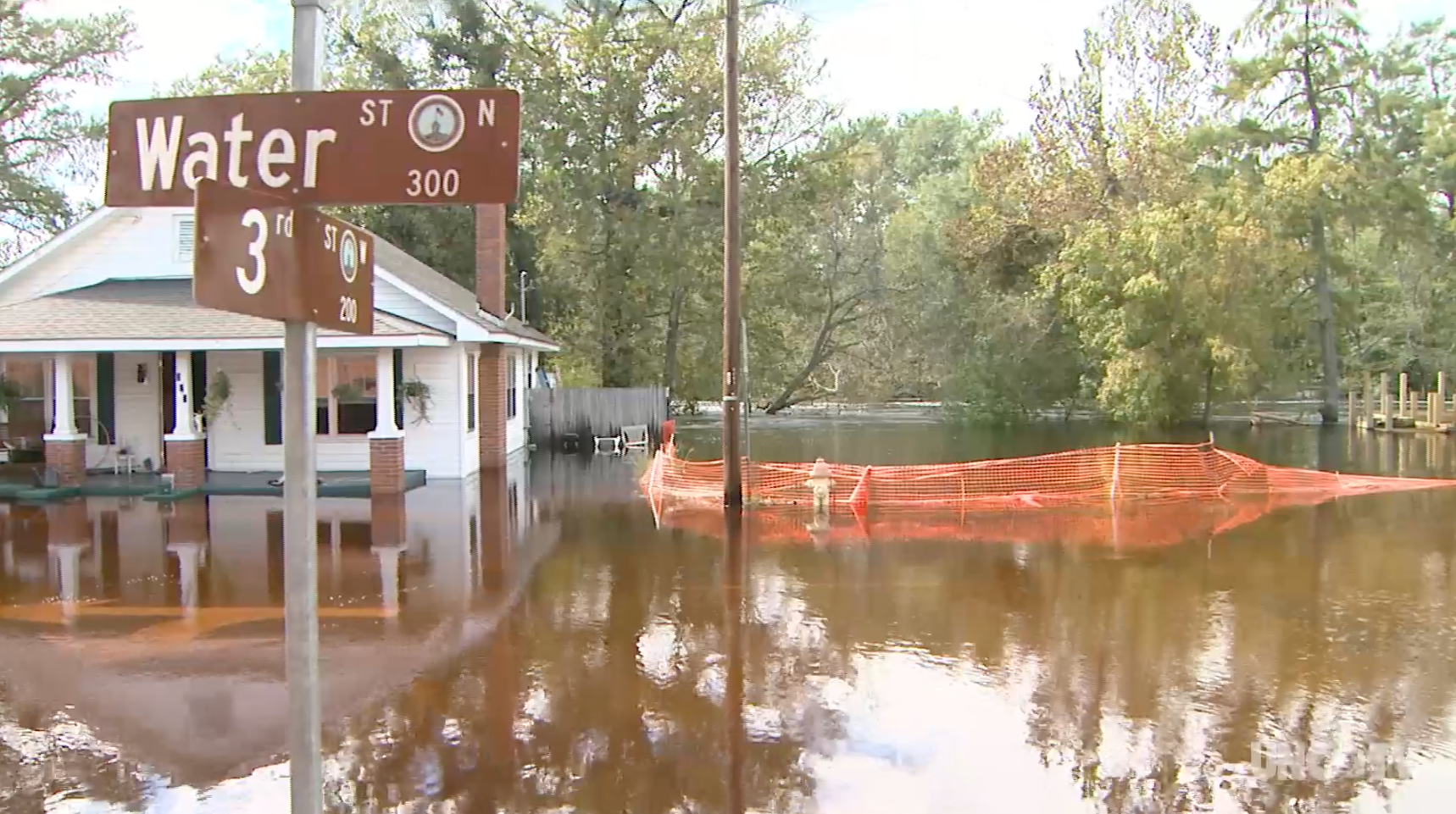
Statewide we’re all still feeling the effects from the devastation wrought by Hurricane Helene in western North Carolina. Our hearts are with all the families and communities whose lives have been upended. Thank you to the first responders, agencies and local partners working together. PBS North Carolina is doing everything it can to support their critical work and sharing their stories.
An artist's journey of resilience and rebuilding after Hurricane Helene.

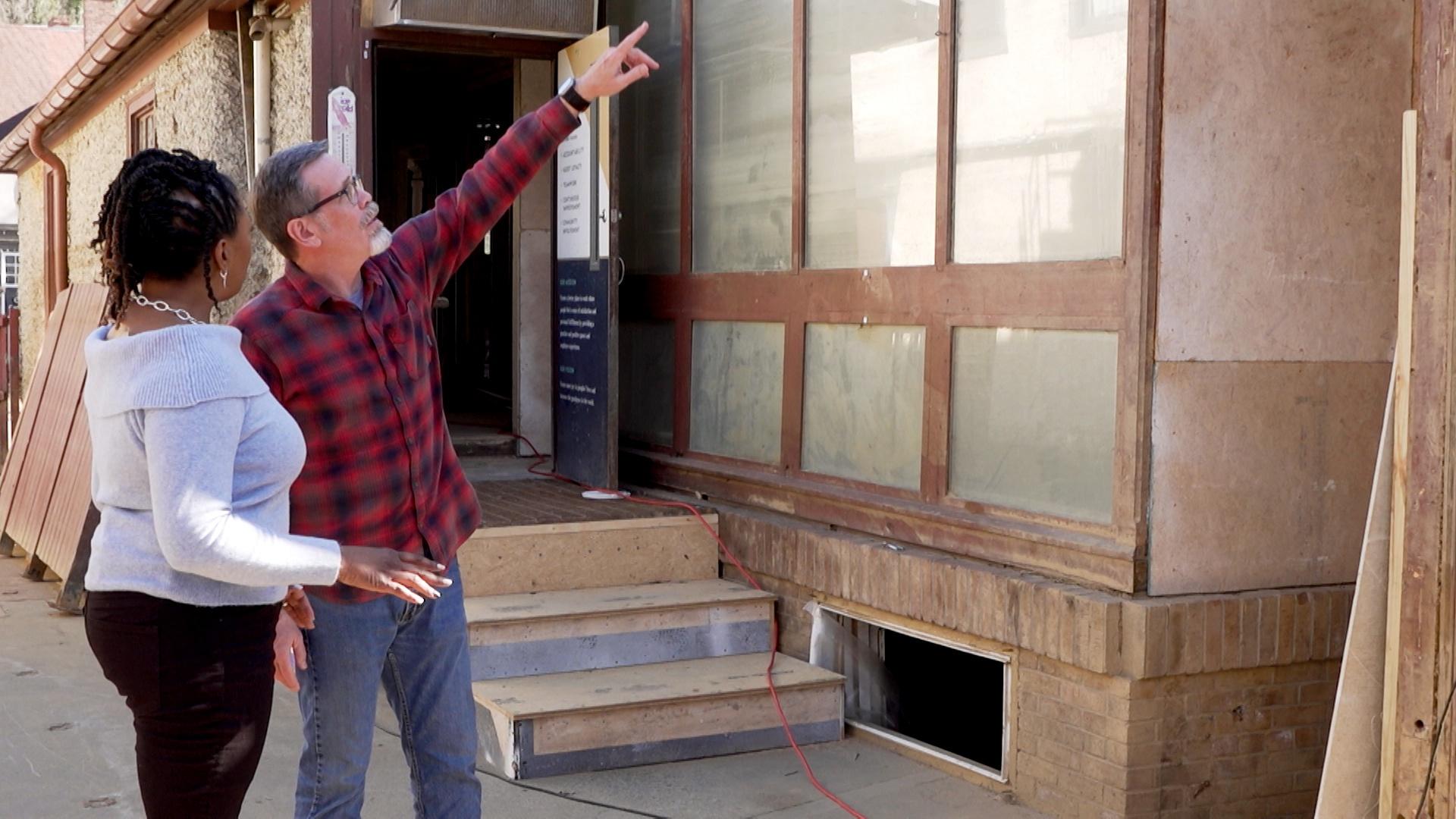
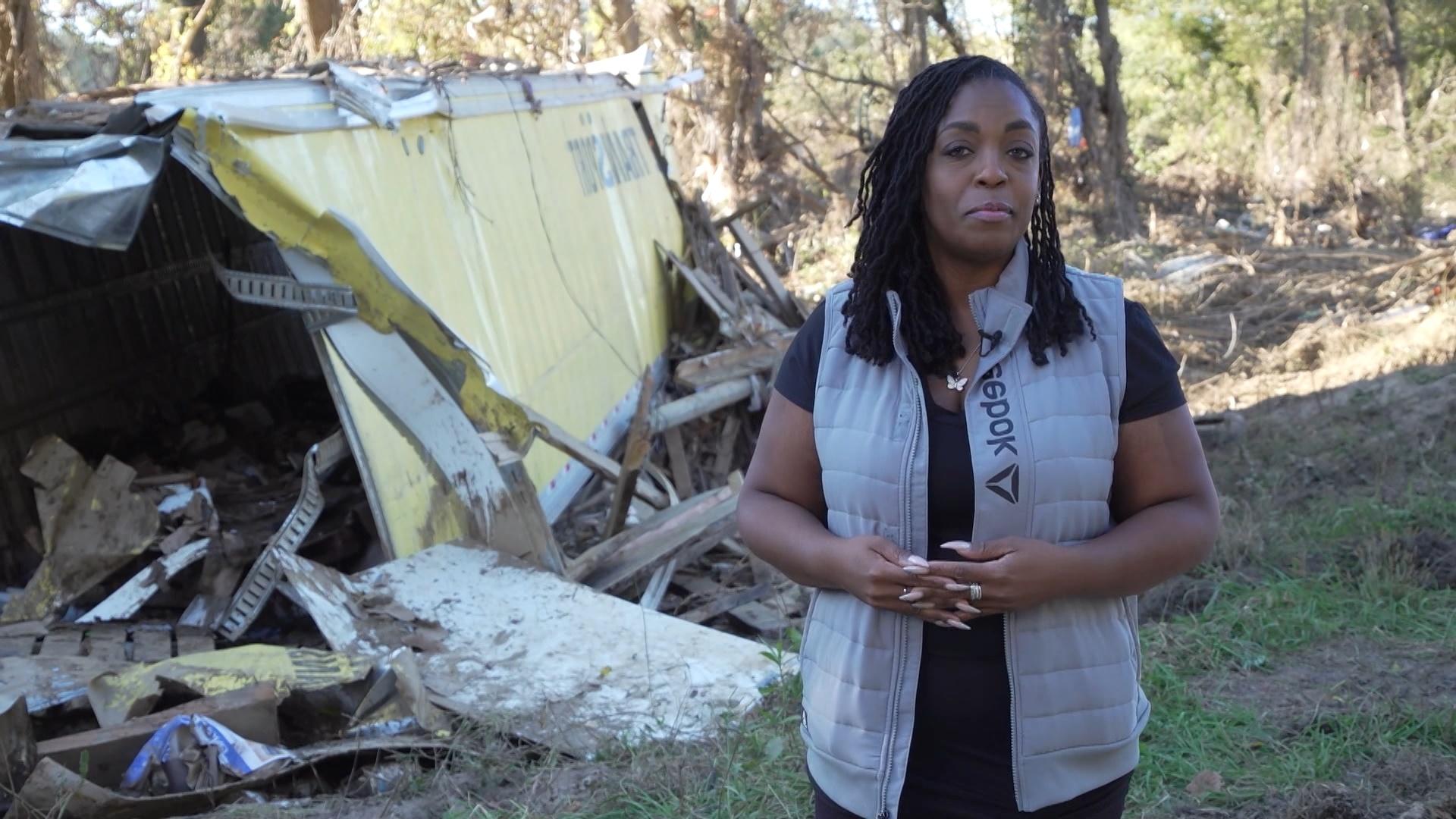
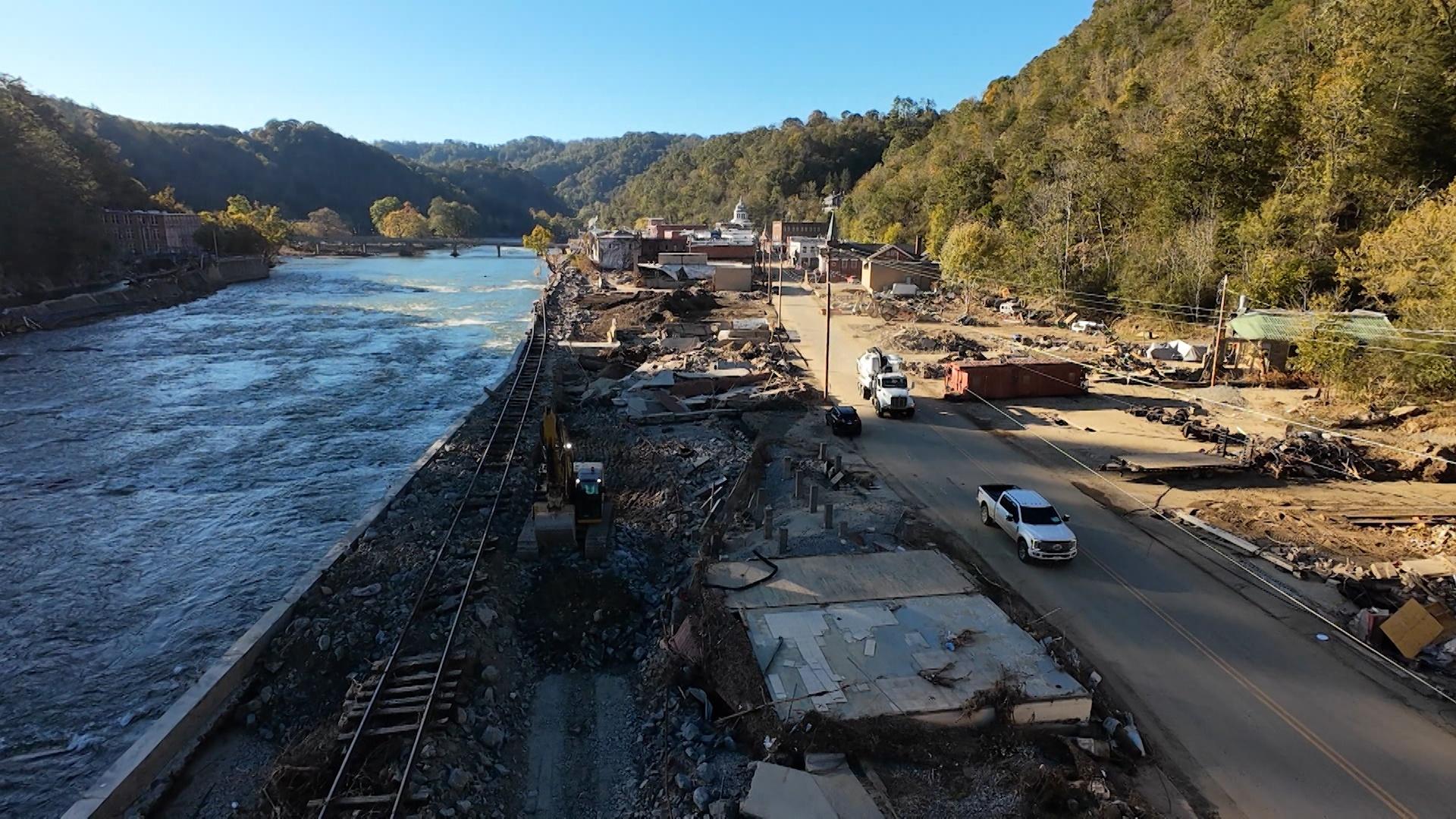
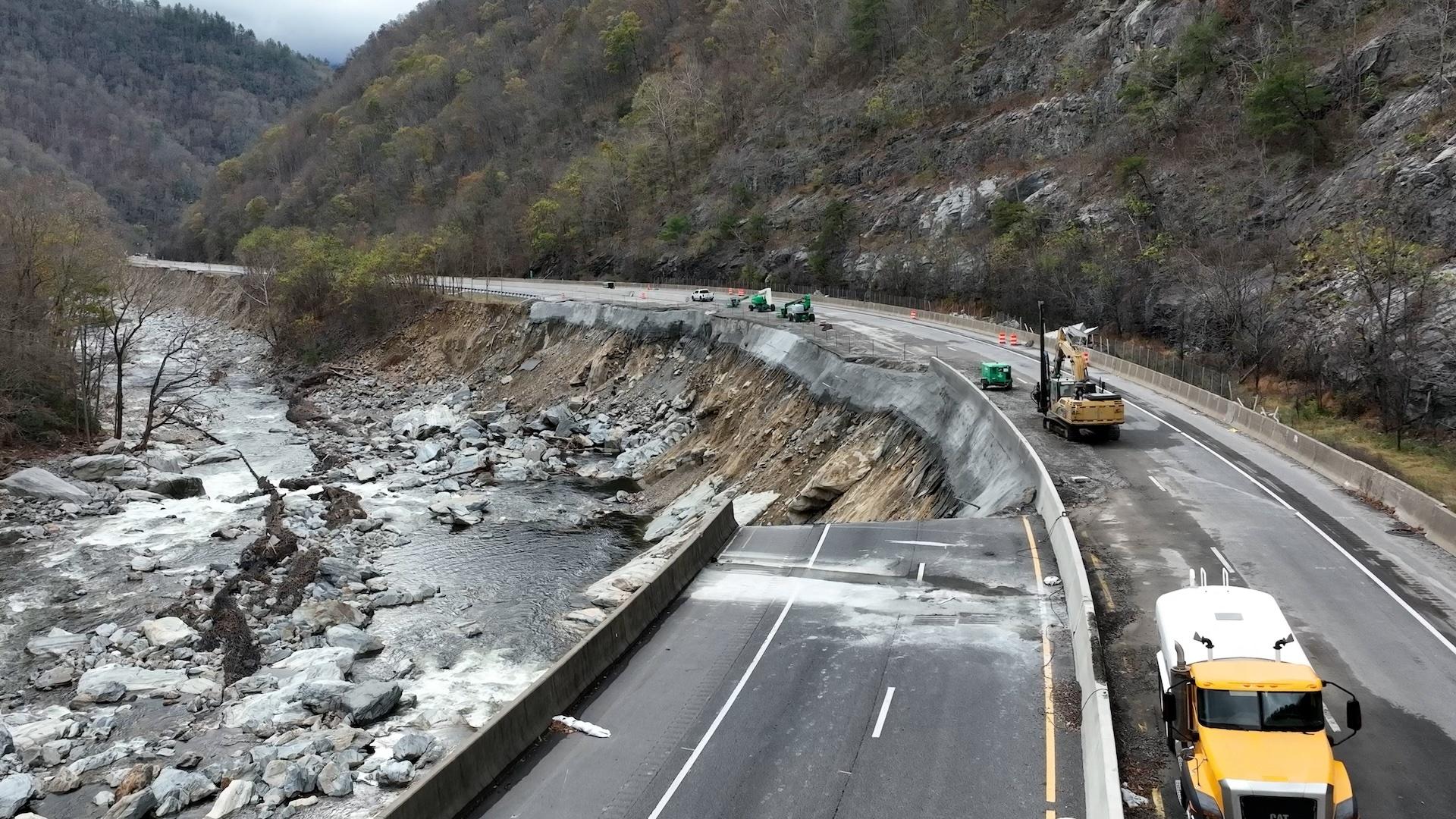
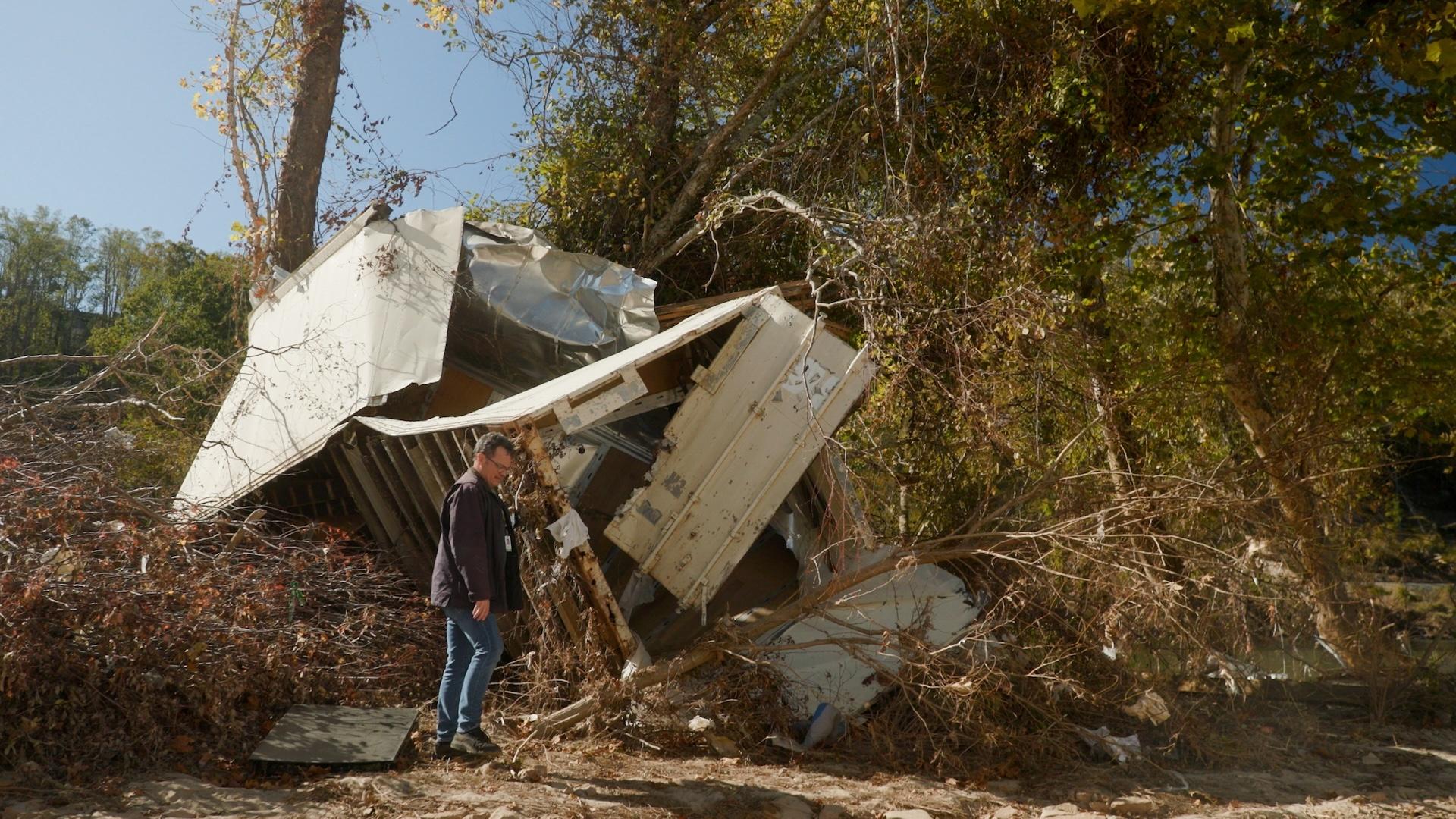
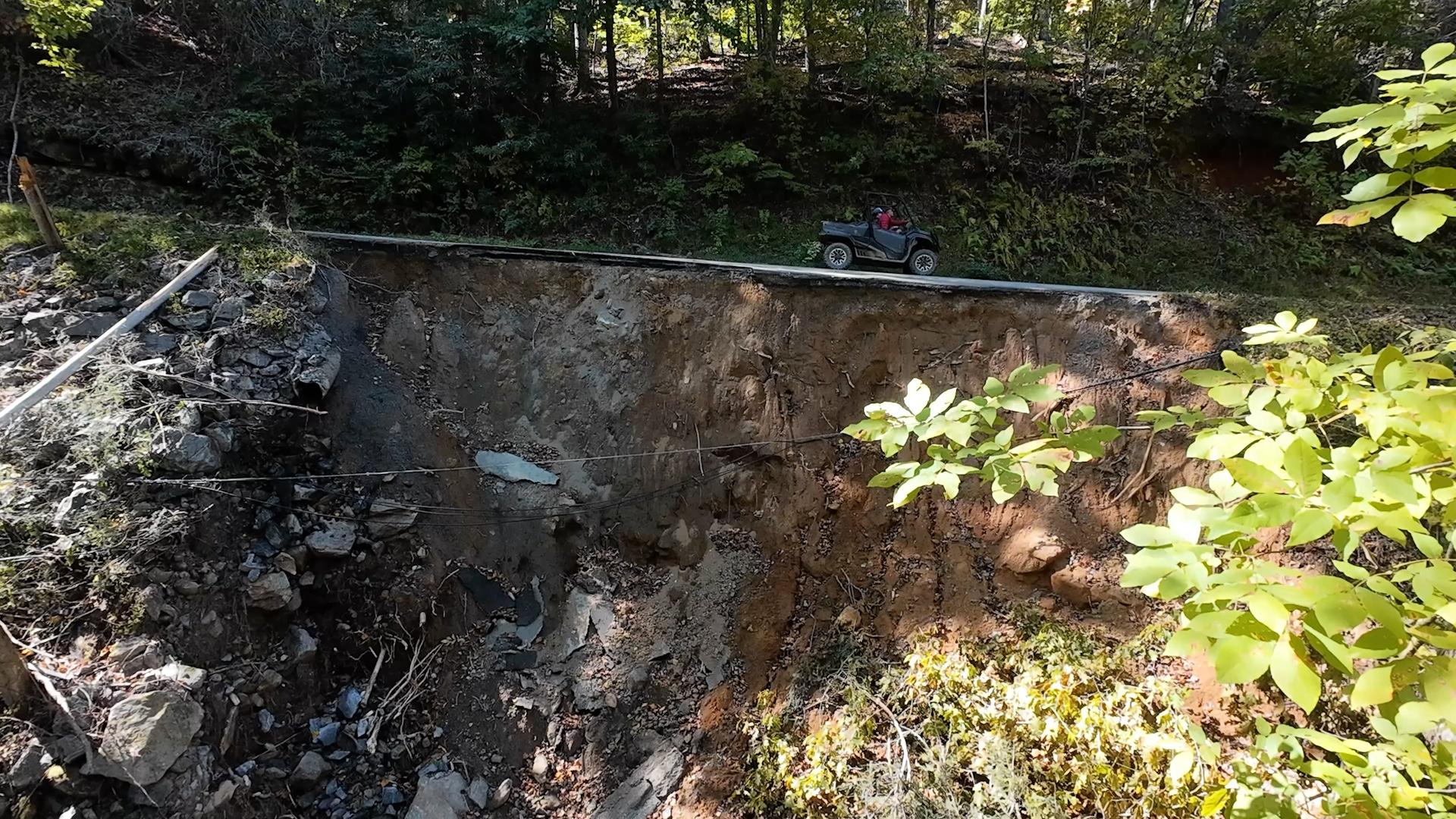
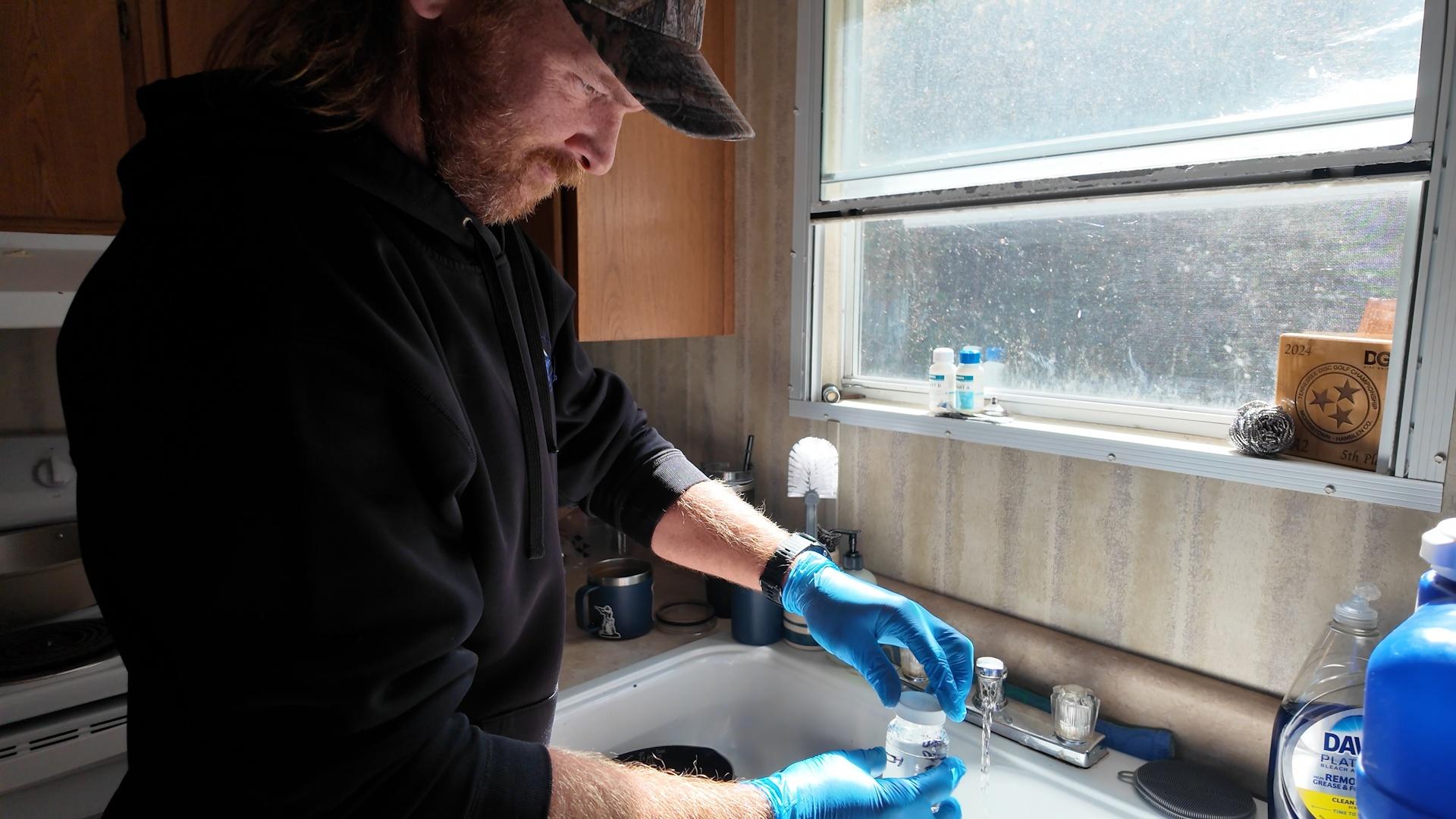
Hurricane Helene’s Devastating Toll on NC's Forests: Federal and state agencies report Helene damaged 821,906 acres of forestlands in western NC, possibly the worst NC forest loss since Hurricanes Fran and Hugo.
How Hurricane Helene Impacted the Tech Industry: Almost all the world’s supply of high-purity quartz, which is needed for many tech products, comes from a tiny western NC town hit hard by the storm.
Helene Leaves Medical Manufacturer in Western NC in Critical Condition: The storm shuts down a factory in Marion, NC, that supplies 60% of the US’ IV fluids, causing a nationwide shortage.
How Helene Affected NC’s Christmas Tree Farms: The heart of the Christmas tree industry is in western NC, the area hit hardest by Hurricane Helene. But farmers are resilient.
An Iconic Salamander Species Struggles After Hurricane Helene: Flooding from the storm presents a host of challenges to the vulnerable eastern hellbender, the largest salamander in the Americas.
Hurricanes bring wind, rain, and destruction—but how do they form?
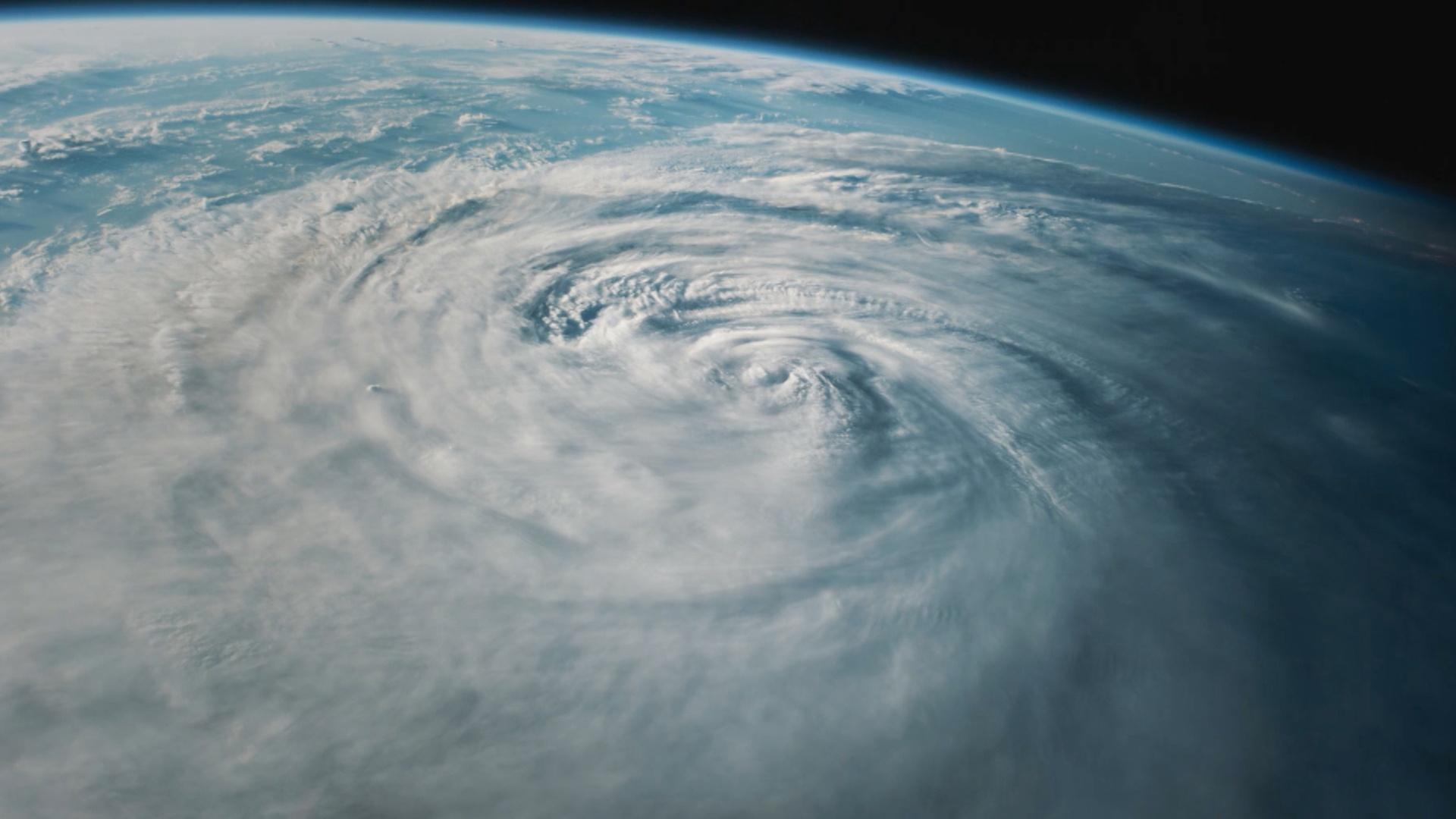
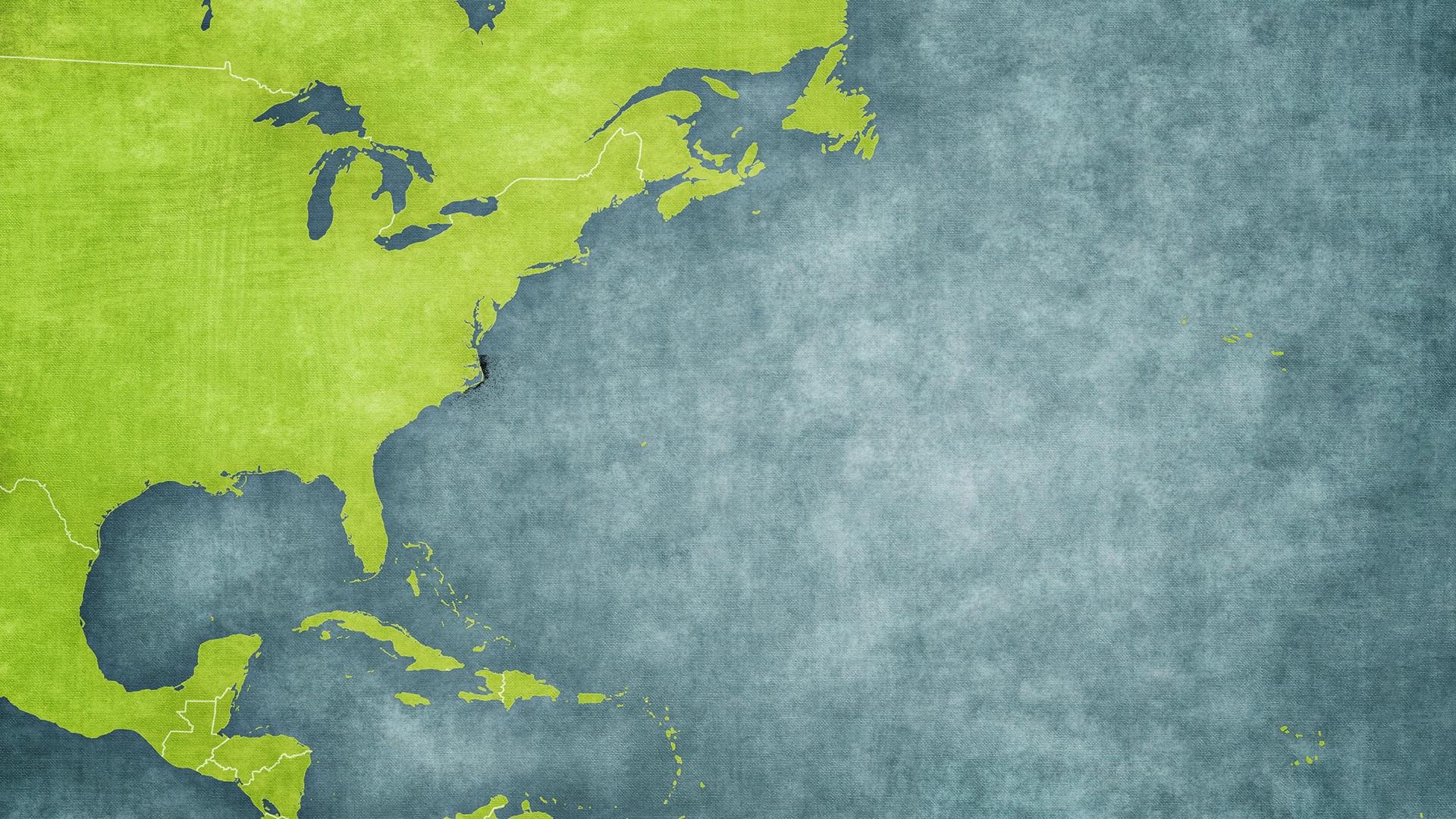
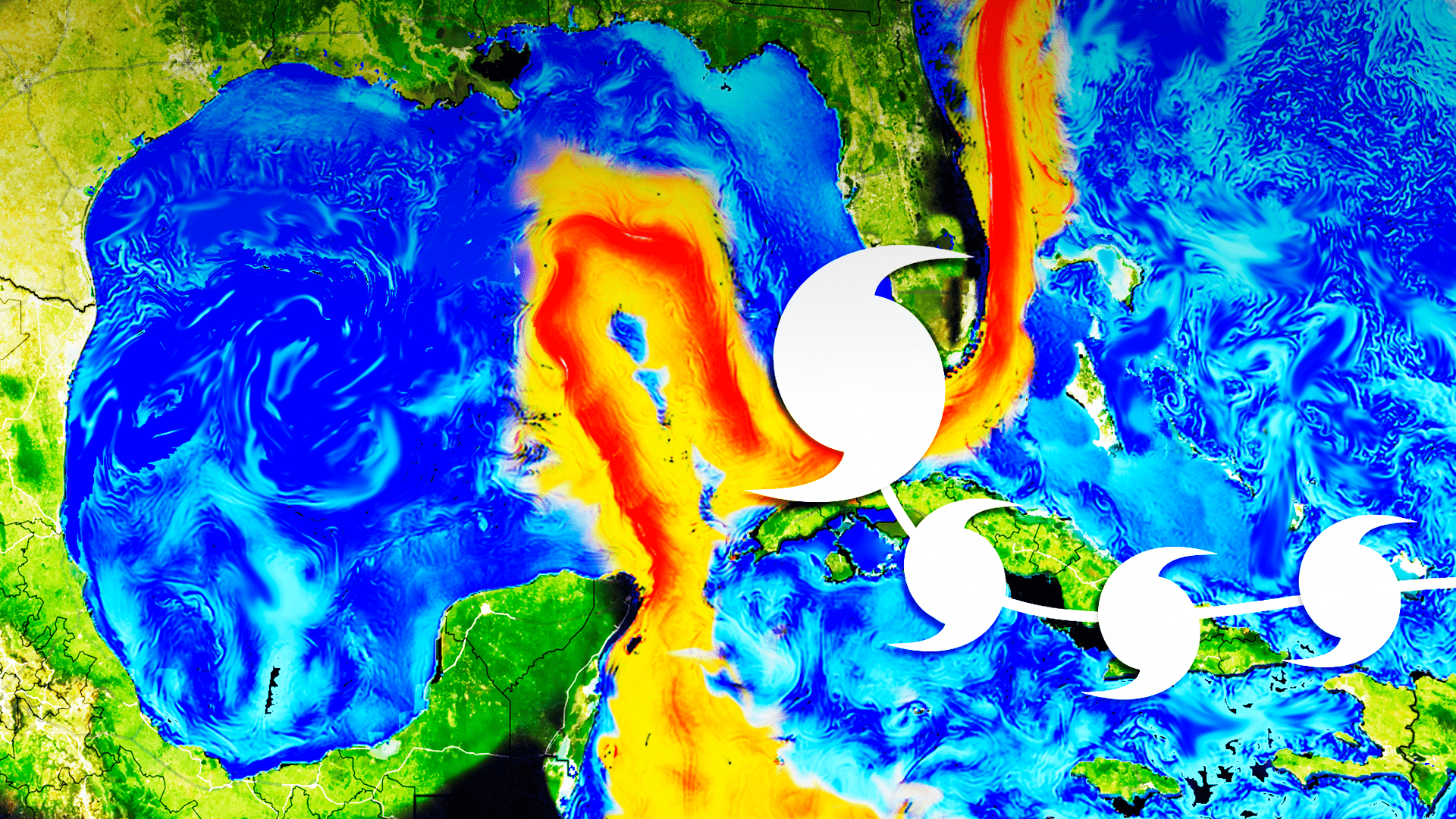
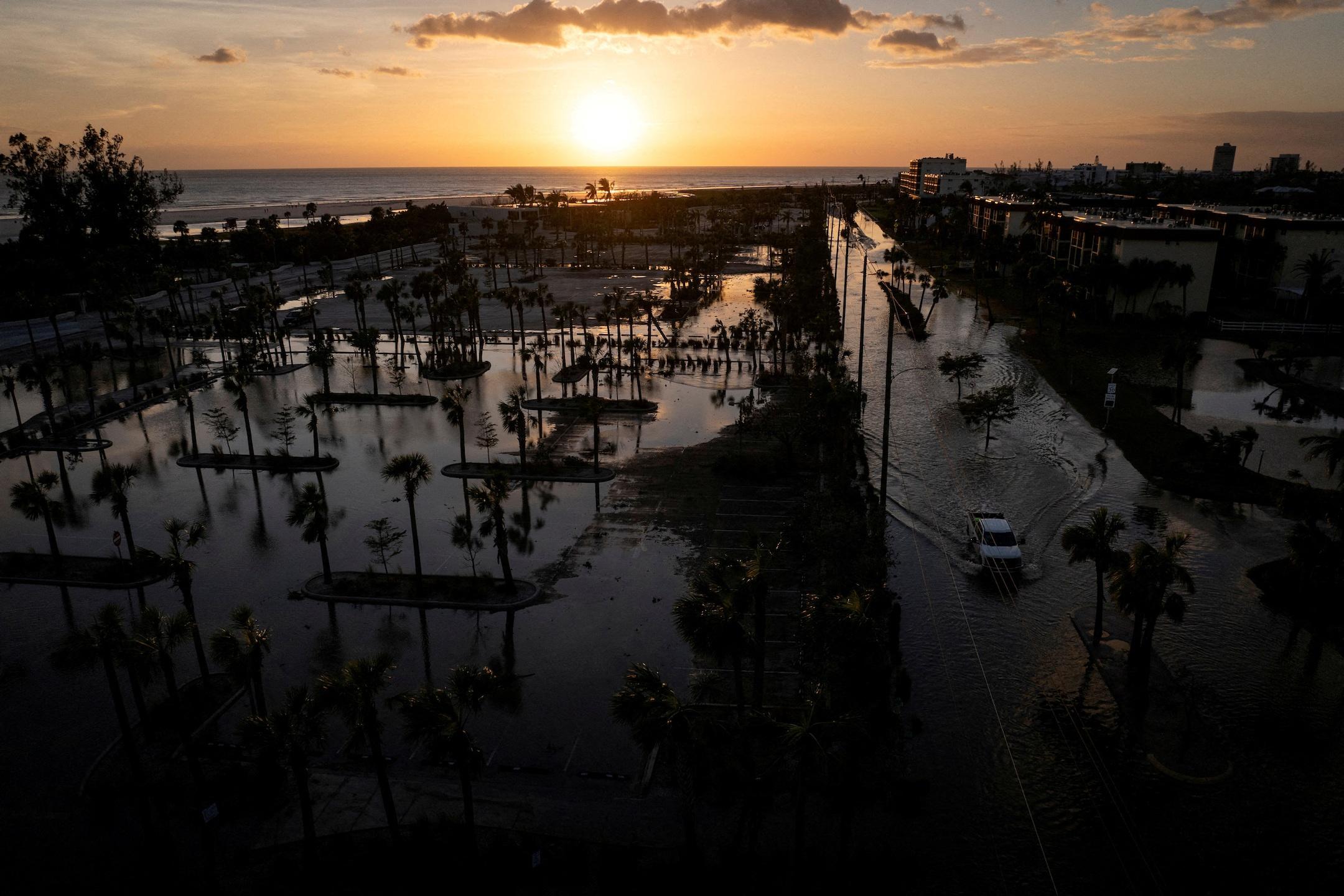
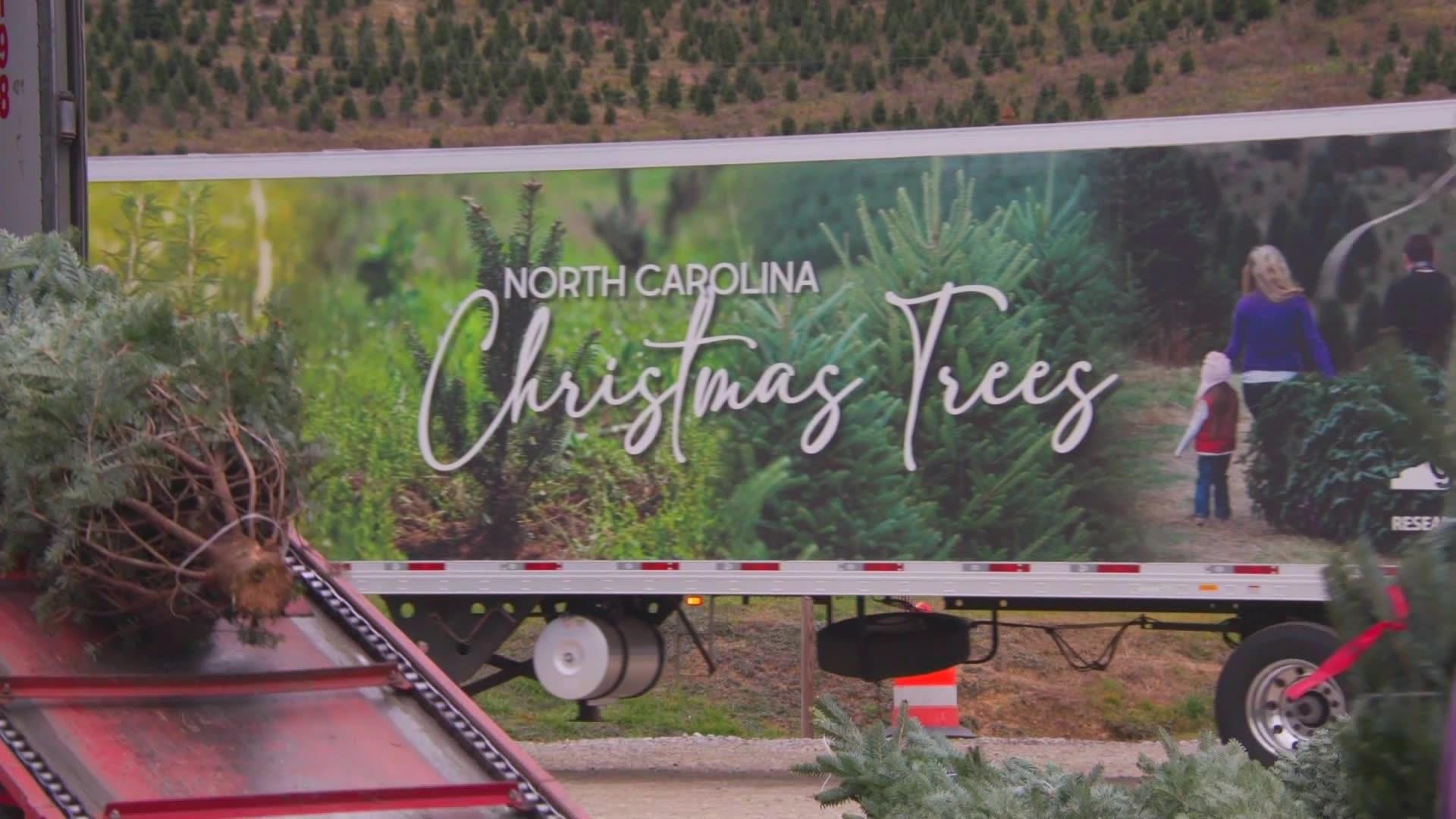
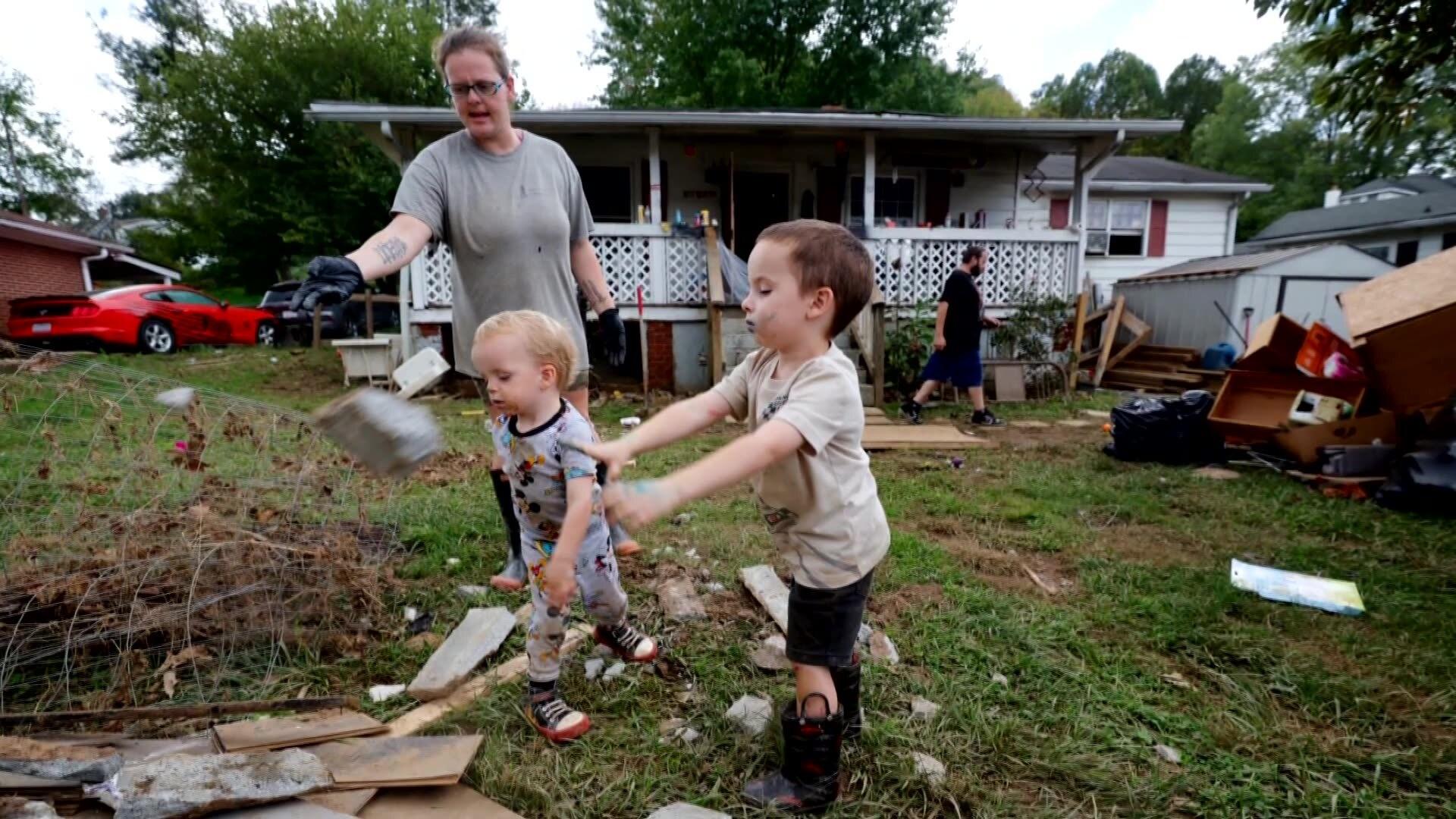
Hurricanes are some of nature’s most destructive forces. Scientists study hurricanes by taking observations and the best place to do that is from inside the storm. It takes a special kind of pilot to do that job. Meet one and find out how and why he flies into hurricanes.
Watch Science Trek, streaming now on the PBS app.
